Educationists, scholars, and language advocates have warned that the Federal Government’s decision to abandon the 2022 National Language Policy poses serious risks to children’s learning and Nigeria’s cultural continuity.
While the policy reversal was announced earlier in the week, experts say the real story is its long-term consequences.
Professor Sikiru Ahmed of Kwara State University described the move as “another policy somersault,” stressing that global research shows children learn faster when taught in a language they understand.
According to him, countries like China, India, Pakistan, and Lesotho educate their children in native languages without losing global competitiveness.
“Mother tongue removes learning barriers and strengthens national unity,” he said.
At the University of Ibadan, Guidance and Counselling expert, Prof Oyesoji Aremu, said the reversal contradicts decades of research, including the famous Ife Six-Year Primary Project that proved the success of mother-tongue instruction.
He questioned the claim that local-language teaching causes poor exam performance, insisting that such a conclusion should have been supported by data and consultations with education researchers.
Another educationist, Dr Bisi Akin-Alabi, agreed that teaching in children’s first language boosts cognitive development. She said despite challenges like Nigeria’s linguistic diversity and lack of trained teachers, the policy was “abandoned too quickly,” noting that meaningful reform requires long-term investment in teacher training and textbooks.
BEYOND ACADEMICS, THE policy’s CULTURAL IMPACT IS A MAJOR CONCERN
A youth leader from Cross River, Callistus Egwu, described the reversal as “a betrayal of Nigeria’s cultural identity,” warning that many indigenous languages are already endangered.
“Our mother tongues define who we are. This decision will accelerate language extinction,” he said.
PARENTS SHARE SIMILAR FEARS.
A mother of two, Mrs Mmakim Ette, lamented that her children already struggle to understand Efik.
“This change will only push them further away from our roots,” she said.
Language activist, Mr Akpan David, applauded radio stations promoting local dialects and urged the government to emulate East African nations that strengthened Swahili through deliberate policy.
Educationist, Mr Anthony Otaigbe, described the reversal as a “step backward” that contradicts the National Policy on Education, which recommends using the language of the immediate environment in early schooling.
He warned that an English-only system will widen educational inequality, particularly for rural pupils who already face comprehension challenges.
Political scientist, Prof Gbade Ojo of the University of Ilorin, said the constant policy reversals create instability in the education sector.
According to him, Nigeria should adopt a dual-language model—using both mother tongue and English—rather than discarding one.
Experts collectively argue that no nation develops by disconnecting from its linguistic roots. They insist that mother-tongue instruction, if well funded and consistently implemented, can strengthen comprehension, identity, confidence, and national cohesion.


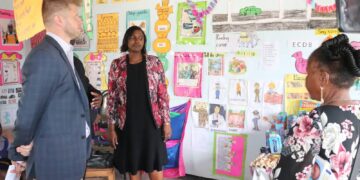


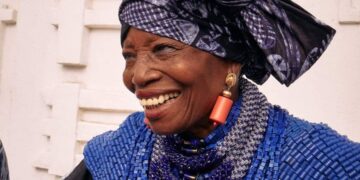




























































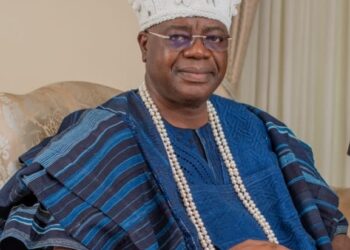


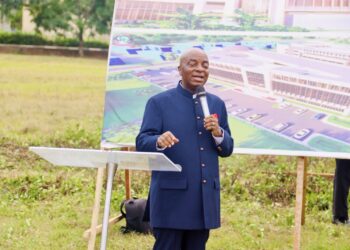
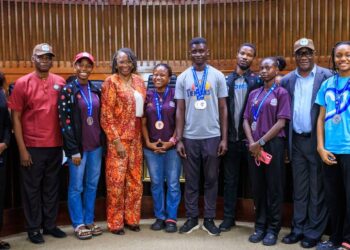
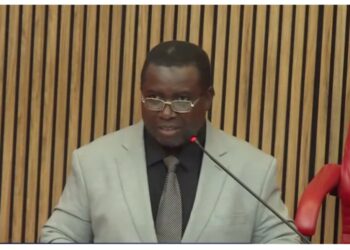









 EduTimes Africa, a product of Education Times Africa, is a magazine publication that aims to lend its support to close the yawning gap in Africa's educational development.
EduTimes Africa, a product of Education Times Africa, is a magazine publication that aims to lend its support to close the yawning gap in Africa's educational development.